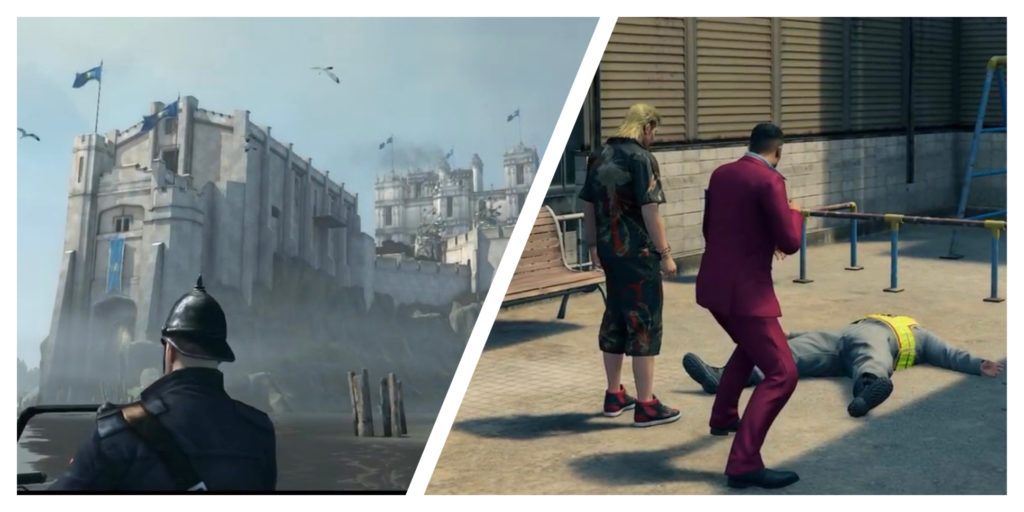
My month is games has been a bit all over the place, with me bouncing between difference games at whim — so much so that I haven’t really played more than a few hours in any of them and I am now in a position of having too many games to try to complete at once (since I’ve got other games in flux, as well). So, I’m really hoping I can finish off a couple of these off before I find anything else shiny to start playing.
In the early part of the month, I kicked things off with Dishonored (from Arkane Studios) and Yakuza: Like a Dragon (from Ryu Ga Gotoku Studio) just days apart from each other, and I was quite enjoying exploring the tonal differences between the two games.
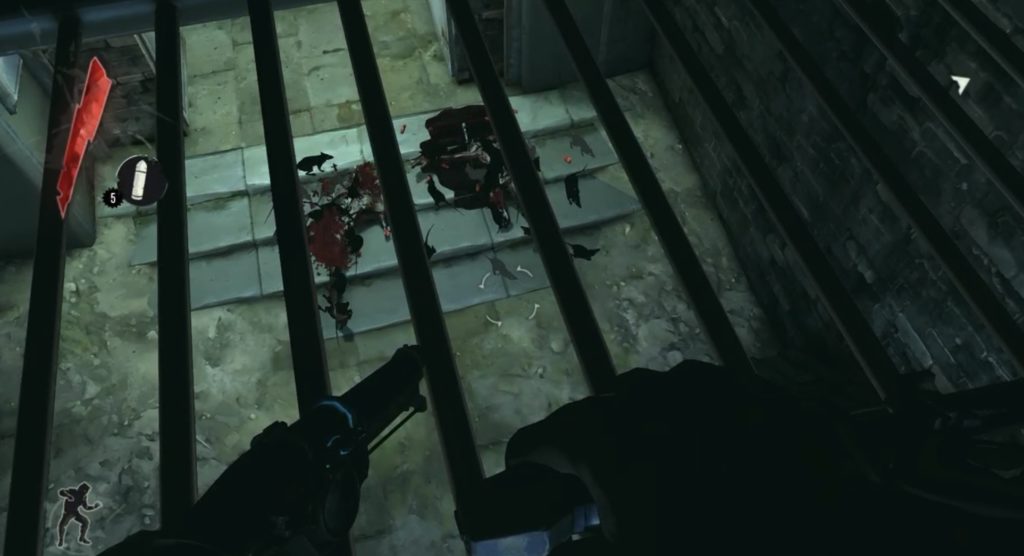
Dishonored begins with betrayal. Royal Protector Corvo Attano returns to his Empress — only for a plot to unfold in which he is framed for her murder and the kidnapping of the young princess. Arrested and placed in prison, he makes his escape with the help of a mysterious society — and the game continues from there, with the goal being to take revenge and stop the conspirators, while also rescuing the princes.
Set in a Victorian-esque and vaguely steampunk-y world, Dishonored is gritty and dark. This is a city of drastic inequalities, untrustworthy characters, and plagues of rates that are spreading an uncontrollable disease — so, it absolutely falls into my aesthetic.
At first, I started the game recklessly, killing guards randomly every time my stealth failed and just leaping right into the hordes of rats. It was all fun and games until I reached the end of the level and realized that I was being measured by my chaos level, which would result in more rats and more people hating me. And since I lean towards being a goody two shoes in games, I immediately replayed the first level and am obsessing over not killing anyone (or as few people as possible) in my playthrough. As a result, I’m moving much slower than I would otherwise.
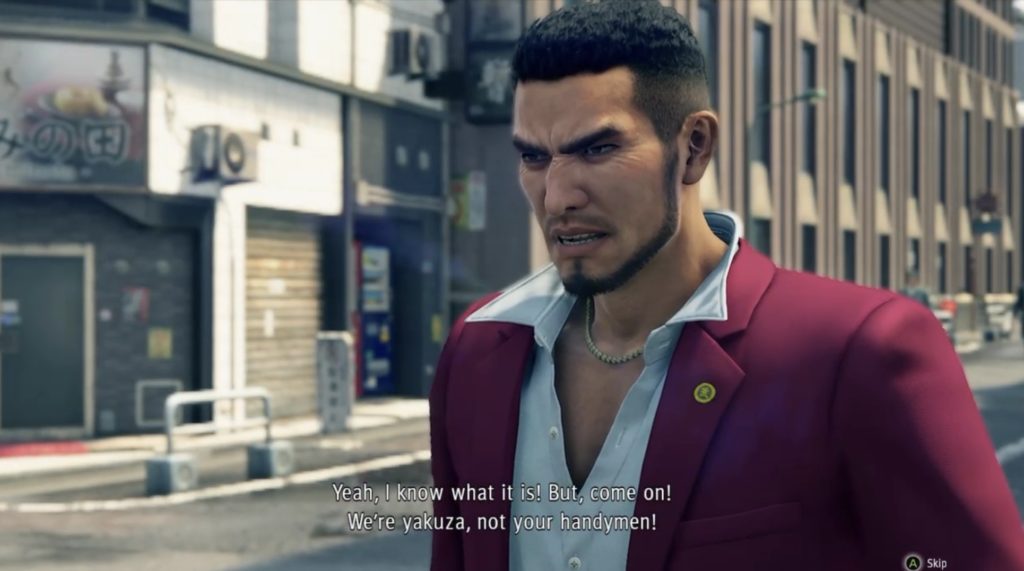
By comparison, Like a Dragon is a game of chaotic joy, full of bright colors, wacky humor, and gameplay that delves into the silly at times. The game centers on Ichiban Kasuga, a good-hearted, but low-ranking member of the Arakawa Family, a Yakuza gang. Ichiban is so loyal to his family that he’s willing to spend 18 years in prison for them — only to be released and discover that he has been betrayed by his former boss.
During much of the game, Inchiban wanders through the Yokohama district of Isezaki Ijincho, Japan, a vibrant city sector with neon lights and little shops and lots of places to eat. One of the delights is wandering around discovering what kinds of things that you can get into — for example, one of the shops is an arcade that allows the player to dive into classic arcade games via Ichiban — and I’ve heard there are tons of other mini-games throughout the game.
Walking around, Ichiban inevitably runs into enemy gangsters and thugs who want to start problems, which draws the player into turn-based combat, echoing the character’s love of games. The combat (thus far) is light and fun, and sometimes you get to see a bonus move, where Ichiban picks up an object — like a whole-ass bicycle or a newspaper box or a trash can — and just wallops his enemy with it.
It’s great fun, and I’m looking forward to getting into more of it.
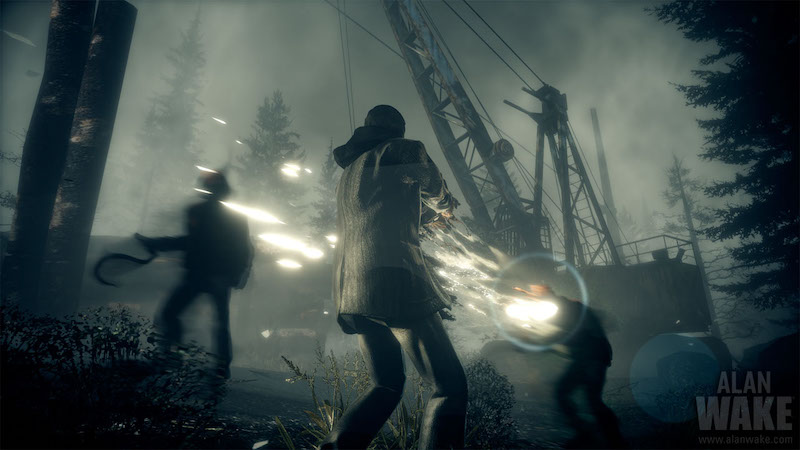
A couple of days ago, I got drawn in by Alan Wake (developed by Remedy Entertainment), a game I’ve been wanting to play ever since I heard about the sequel. Since my completionism prefers me to finish things in order, I decided to jump in — and now I’m totally digging a third game.
Famous horror author Alan Wake is drawn into a nightmarish reality, in which his wife has mysteriously disappeared and people are possessed by shadows becoming monstrous. The only way to beat them is to use a flashlight to break apart the shadows (which runs out of batteries) and then shooting them (which runs out of bullets). It’s a mechanic that I’m not at all used to yet, and I might dip the difficulty down to easy, just so that I can relax into the experience more.
For me, the experience of the game has been genuinely frightening. My heart rate is up while I play, and I’m rather jumpy — which is fun.
From a writing perspective, I find the voice over narration interesting. It lends Alan an authorial voice — which makes sense, as he’s an author — and makes the experience of playing the game slightly book-like, as though I am walking the character through a story that has already been written, especially since the events are described in past tense. This is in contract to the constant present-ness of playing the game and being constantly on edge about something coming out of the dark to kill you.
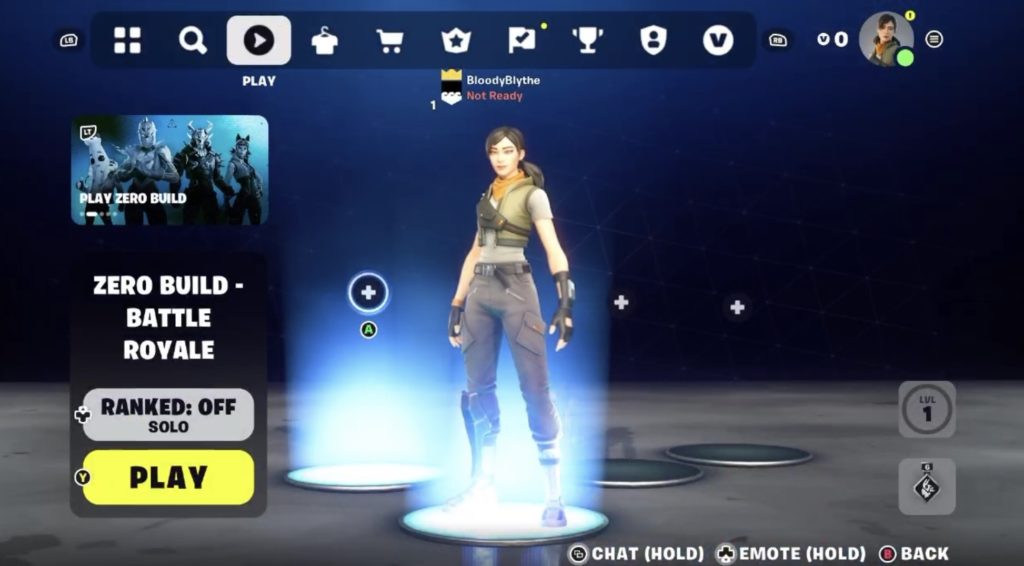
While visiting family in Idaho, my eight-year-old nephew you introduced me to Fortnite (Epic Games). He helped me set up my character and he showed me the ropes. We even won a few rounds, and my nephew informed me, “You’re not bad for a default,” which I suppose I’m to take as a compliment.
While I enjoyed my time with it, I don’t think Fortnite is something that I’ll pursue on my own. If my nephew or a friend wants to play, I’ll gladly hop on with them, but that’s about it.
I have also started loosely replaying Pentiment (Obsidian Entertainment), with the intention of grabbing some screenshots for an essay I’m writing. My intention is to whisk through the game quickly, but the story is so compelling that I find myself relaxing into it
I continue to make no progress in Getting Over It with Bennett Foddy. I may almost be to the point of putting it down permanently.
If you’d like to know about the rest of recent culture I consumed, including books, movies, and TV, you can check out my Culture Consumption for November.